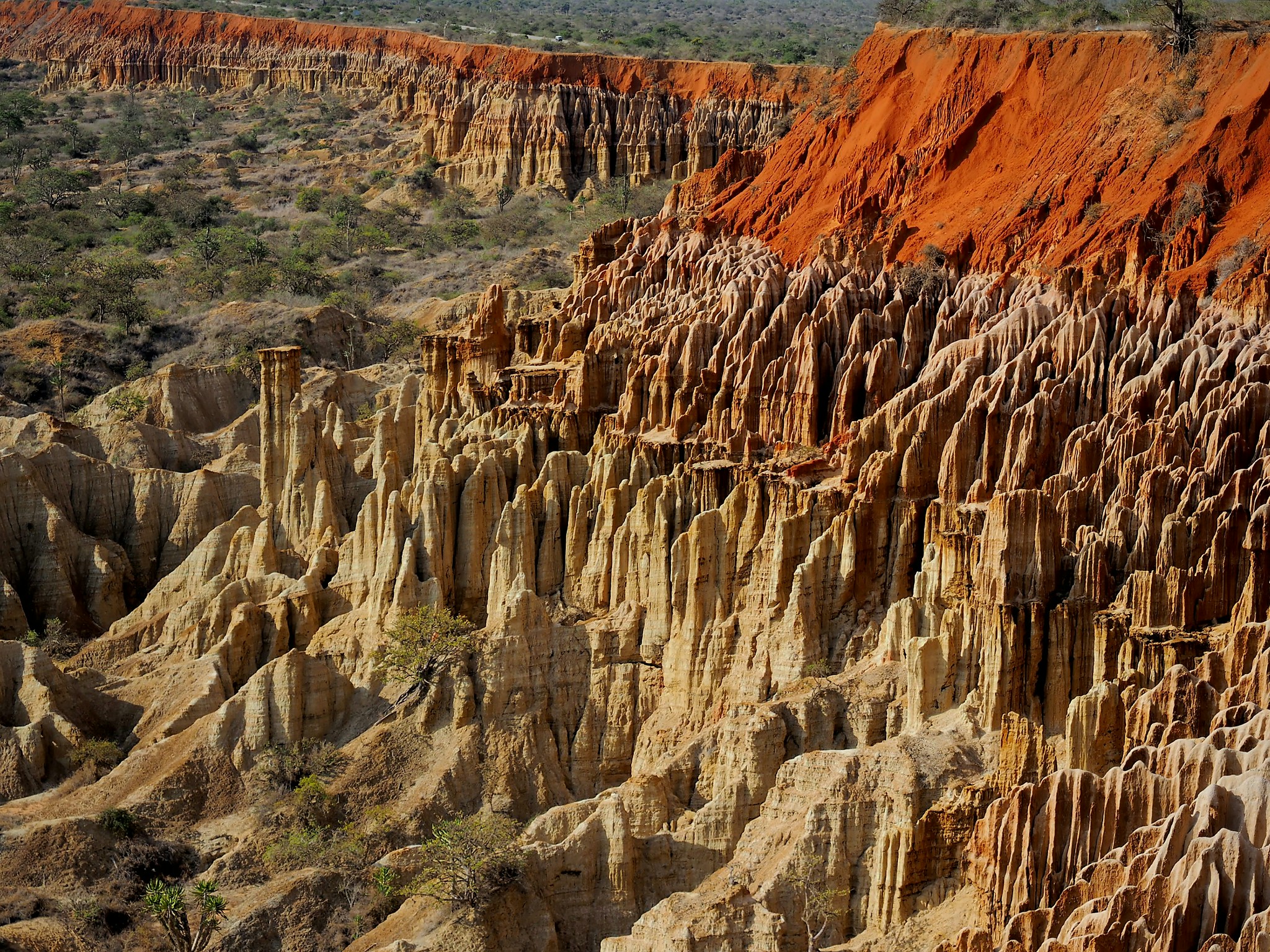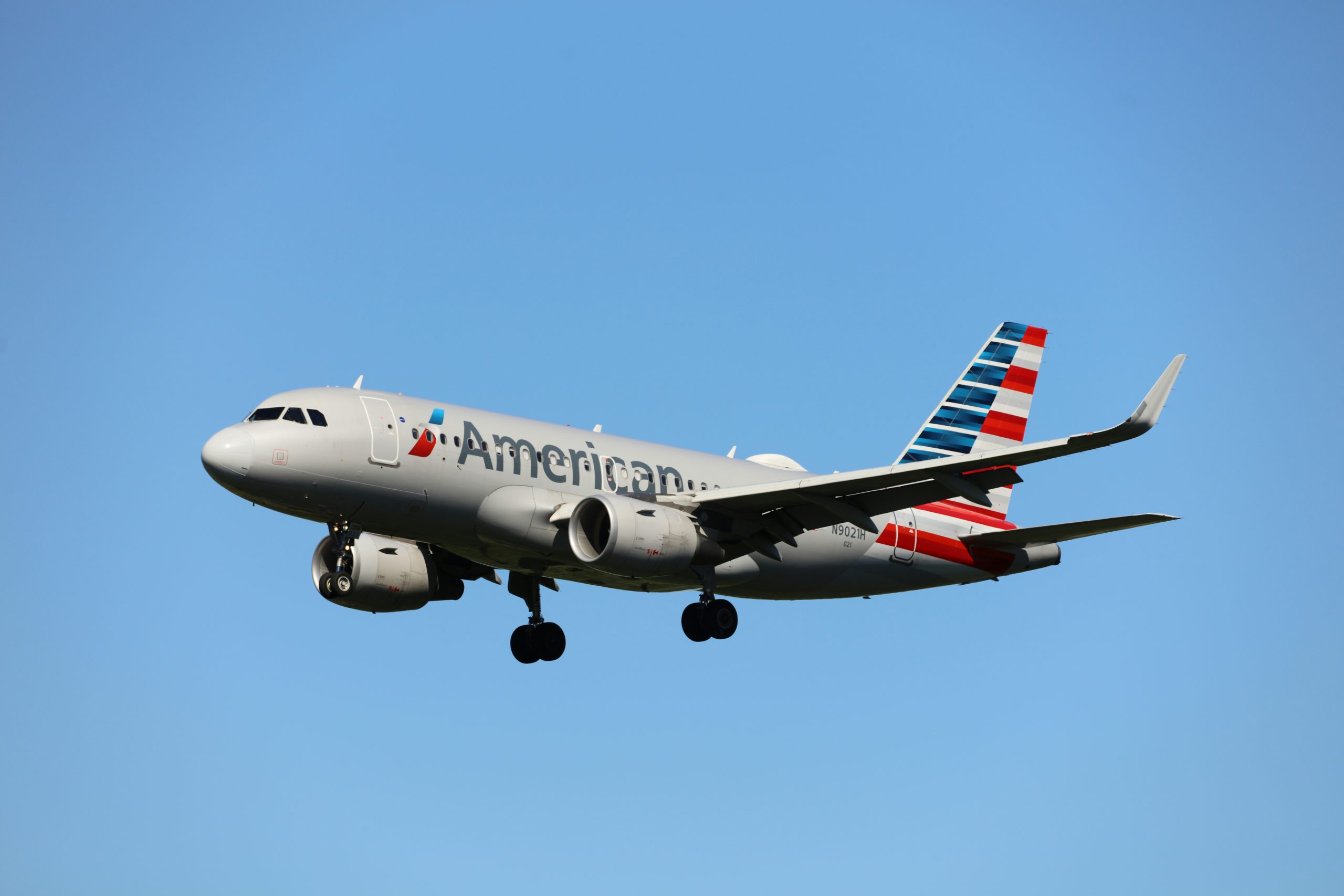Chevron Drives Low Carbon Oil Production with Hydrogen

Multinational energy company Chevron has joined the Angola Oil & Gas (AOG) 2024 conference. Its participation in the AOG 2024 conference underscores its commitment to driving innovation and collaboration in Angola’s oil and gas sector, aiming for increased production and sustainable growth.
Organised by Energy Capital & Power, AOG is the largest oil and gas event in Angola. Taking place with the full support of the Ministry of Mineral Resources, Oil and Gas; the National Oil, Gas and Biofuels Agency; the African Energy Chamber; and the Petroleum Derivatives Regulatory Institute, the event is a platform to sign deals and advance Angola’s oil and gas industry.
Chevron’s is a leader in Angola’s energy sector
The company has been active in Angola for over 70 years, and with stakes in various strategic oil and gas projects, remains committed to increasing production and sustainable oil and gas development for the long-term.
Chevron currently holds a 26% market share in Angola. The company has interests in offshore Blocks 0 and 14 – boasting a daily production capacity of 70,000 barrels of liquids and 259 million cubic feet of natural gas – as well as a non-operated interest in the Angola LNG project – the country’s pioneer LNG facility.
Angola LNG processes natural gas from offshore fields and celebrated its 400th cargo delivery in 2023. During the AOG 2024 conference, Chevron is expected to provide insight into the company’s current project portfolio while unpacking new investments in low-carbon projects.
With interests in several deep-water blocks, Chevron’s expertise in such acreage is expected to support production growth in Angola.
In 2023, the company – through its Angolan subsidiary Cabinda Gulf Oil Company Limited (CABGOC) – signed a Production Sharing Agreement to manage operations within the Block 14/23 concession area, situated in the Zone of Common Interest shared by Angola and the Democratic Republic of Congo’s maritime territory.
Under the agreement – inked with the governments of both countries – CABGOC will act as the operator of the concession, holding a 31% stake in the block.
Chevron’s initiatives in Angola extend to infrastructure projects such as the Sanha Lean Gas Connection Project (SLGC) – valued at $300 million.
This endeavour – which reached FID in 2021 – involves the development of a platform that ties into the existing Sanha Condensate complex, as well as new pipelines connecting Block 0 and Block 14 to Angola LNG. The SLGC project is vital for Chevron as it addresses a projected supply gap at the Angola LNG facility.
Through collaboration with service companies, Chevron demonstrates its commitment to advancing energy infrastructure in Angola and supporting the growth of the nation’s oil and gas sector, while upholding operational excellence and environmental sustainability.
Spearheading hydrogen use in Angola
Meanwhile, Chevron is spearheading low-carbon oil and gas solutions in Angola. CABGOC signed an MoU with the government last October to explore low carbon business opportunities.
The company’s goal is to utilise nature-based and technological carbon offsets, as well as lower-carbon intensity biofuels like hydrogen, to enhance Angola’s energy production in conjunction with oil and gas initiatives.
Additionally, Chevron and the Angolan government intend to assess various projects related to carbon capture and storage, alongside the establishment of a regional centre of excellence aimed at attracting lower carbon investments.
Under the theme Driving Exploration and Development Towards Increased Production in Angola, AOG 2024 will explore innovative approaches, cultivate collaboration among industry players and showcase technological advancements aimed at boosting exploration and development activities.
As Chevron consolidates its presence in Angola’s oil and gas sector, its sponsorship of the AOG 2024 conference highlights a commitment to supporting initiatives that pave the way for growth in the country’s oil and gas industry.
Byline: Eric Maina

